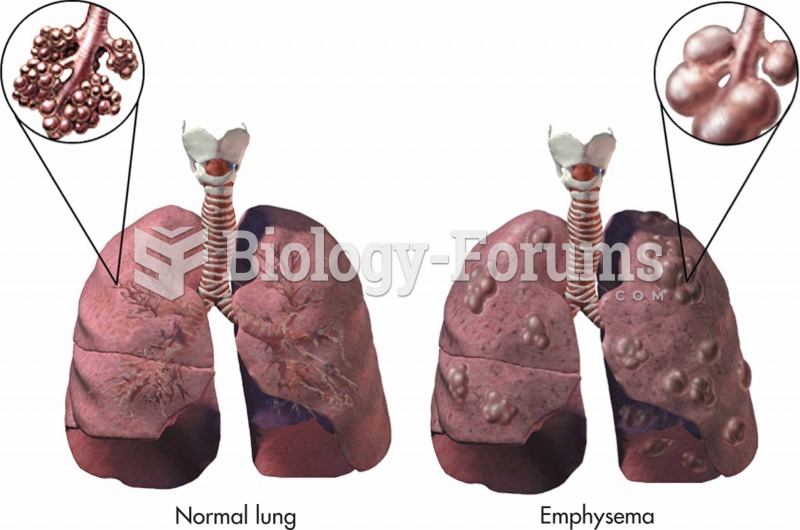Answer to Question 1
Correct Answer: 1,2,3
Rationale 1: Older adults have a decrease in blood flow to kidneys. This may affect excretion of drugs.
Rationale 2: Older adults have a decreased number of nephrons resulting in a decreased number of functioning nephrons. This may affect excretion of drugs.
Rationale 3: Because of age-related changes to the kidneys, the older adult may have difficulty excreting waste products, which may affect excretion of drugs.
Rationale 4: Delayed absorption does not affect the excretion of drugs.
Rationale 5: The elderly have an increase in fat storage, but that does not affect the excretion of drugs.
Global Rationale: Older adults have a decrease in blood flow to kidneys, a decreased number of nephrons resulting in a decreased number of functioning nephrons, and may have difficulty excreting waste products. All of these factors may affect excretion of drugs. Delayed absorption does not affect the excretion of drugs. The elderly have an increase in fat storage, but that does not affect the excretion of drugs.
Answer to Question 2
Correct Answer: 1,2,3
Rationale 1: Decreased blood flow to and from the stomach may delay absorption, resulting in nausea and vomiting.
Rationale 2: Slowed emptying of stomach contents may allow drugs to remain longer in the gastrointestinal tract, resulting in nausea and vomiting.
Rationale 3: When absorption time is decreased, drugs may remain longer in the stomach, resulting in nausea and vomiting.
Rationale 4: The size of the liver does not cause risk for nausea or vomiting.
Rationale 5: Carbohydrate metabolism does not cause risk for nausea or vomiting.
Global Rationale: Decreased blood flow to and from the stomach may delay absorption, resulting in nausea and vomiting. Slowed emptying of stomach contents may allow drugs to remain longer in the gastrointestinal tract, resulting in nausea and vomiting. When absorption time is decreased, drugs may remain longer in the stomach, resulting in nausea and vomiting. The size of the liver does not cause risk for nausea or vomiting. Carbohydrate metabolism does not cause risk for nausea or vomiting.







